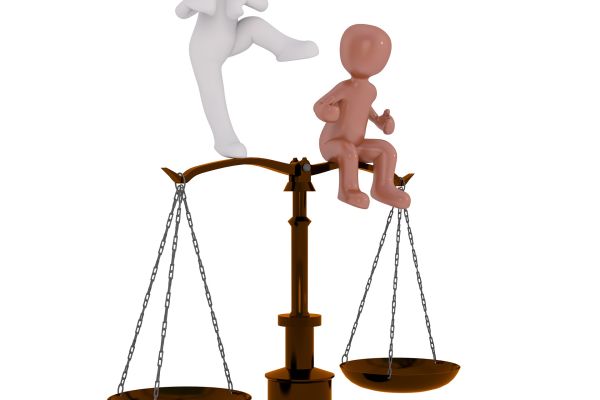A meme is an idea, image, trend, or piece of information that spreads through the culture—from an iconic garment to catchphrases, cat emojis, and gifs online.
Contents

The word meme is derived from the Greek word mimeme, as in imitated thing. The term was popularized by evolutionary biologist Richard Dawkins in his book, The Selfish Gene, as a cultural corollary to the biological transmission of genetic information via genes and genetic recombination.
Dawkins, however, is not the first to consider the meme. The German zoologist and evolutionary biologist Richard Wolfgang Semon, for one, wrote about "mnemes," from the muse of memory Greek goddess Mneme, in the early 1900s. There’s an argument that memes evolve via natural selection, just as in biological evolution, with less successful memes dying out, or becoming extinct.
A meme is an idea, behavior, or piece of culture that has the capacity to replicate into future generations. It can be thought of as the basic unit of replication for cultural evolution.
Human beings, though not radically different from other animals in genetic makeup or basic physiology, are radically different in their knowledge, technology, and tools. While some say that intelligence is responsible, others argue that cumulative culture—knowledge passed down and improved with each generation—has truly enabled our success.

Because memes are so malleable and intangible, they are difficult to study. Still, research has attempted to draw some general conclusions about why particular memes go viral. Studies suggest that neither the quality of its content, nor its proximity to the truth, has much of an impact on a meme’s popularity. The viral reach of Slender Man and the persistence of the vaccine-autism myth are two examples.
What does seem to predict a meme’s perpetuation, at least in part, is its emotional appeal and related physiological arousal. A meme that produces high-arousal emotion, whether negative or positive, tends to be shared with greater frequency.
The Internet has proven to be a platform where memes spread like wildfire. This is because information becomes more believable when 1) accompanied by an image 2) seen repeatedly 3) consumers aren’t engaged in critical thinking. All three of these factors come into play when coming across new memes on social media.
The source of a meme’s power may be the emotions tied to it. People are more likely to share videos, research suggests, when they elicit a strong emotional reaction, such as being extremely funny, angering, or disgusting. Being closer with the person who shared the content may also play a role in the likelihood that you spread it.
Memes have the capacity to deliver information in a way that people begin to think differently about it and spread that new line of thought. Therefore, connecting dialogue around important mental health challenges, such as depression, to popular culture may be an effective strategy to change the conversation and allow more people to seek help.















